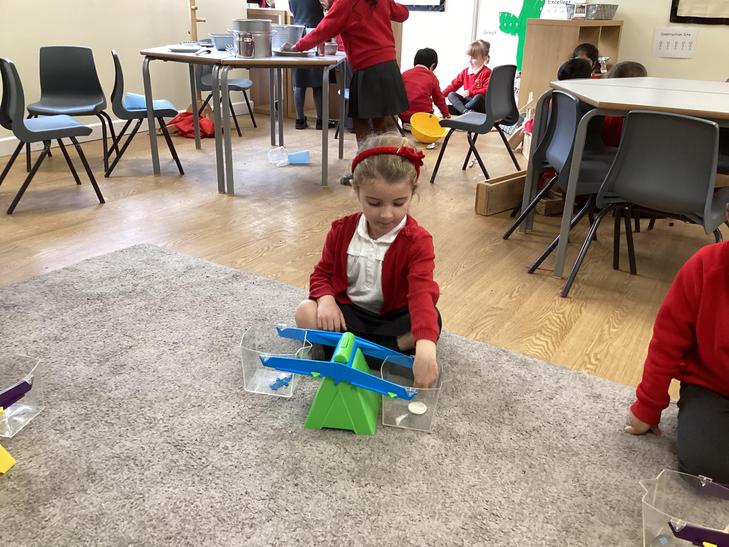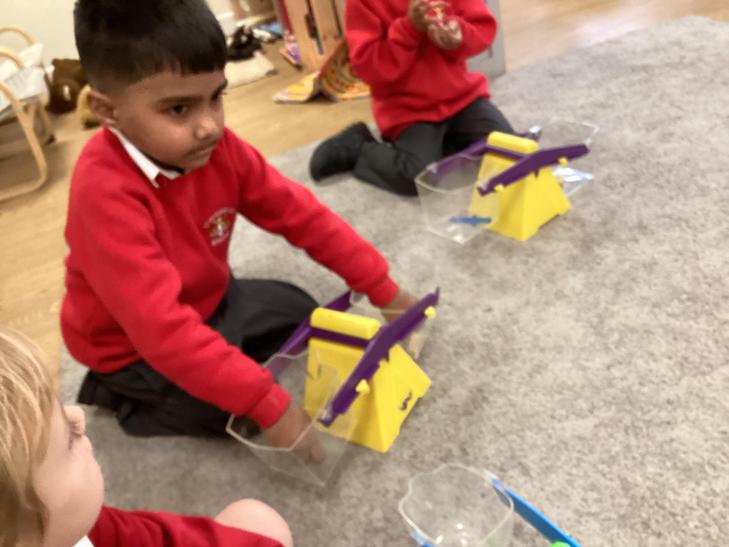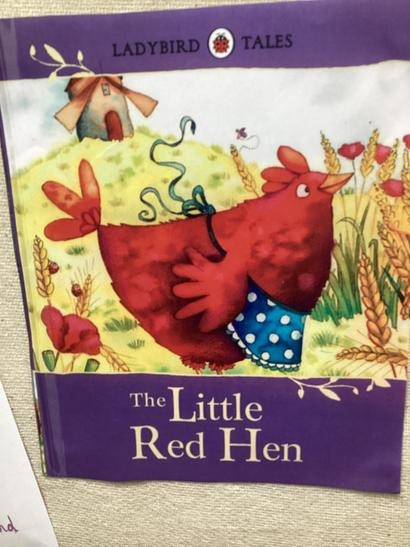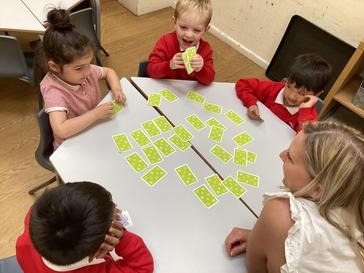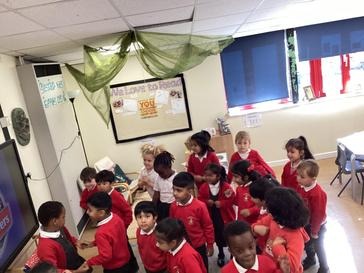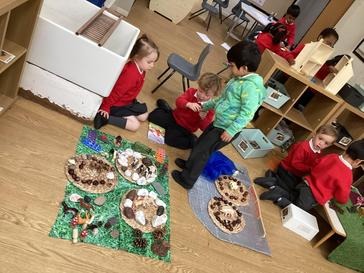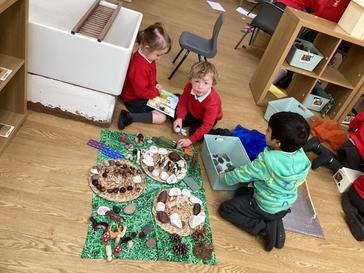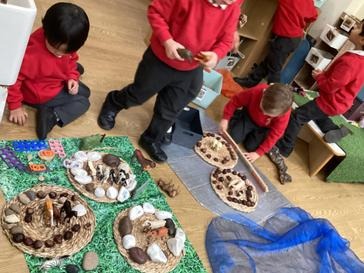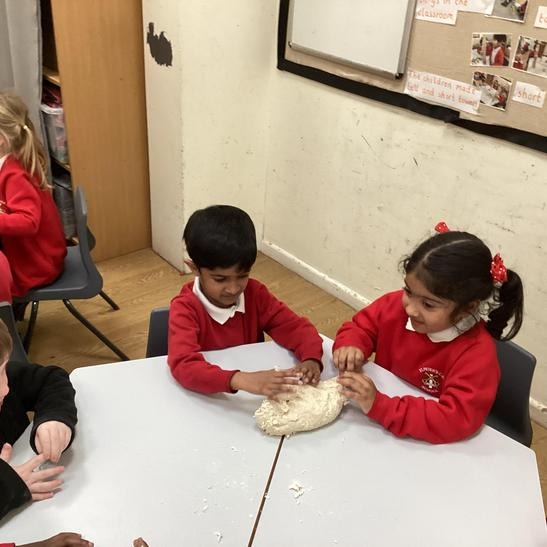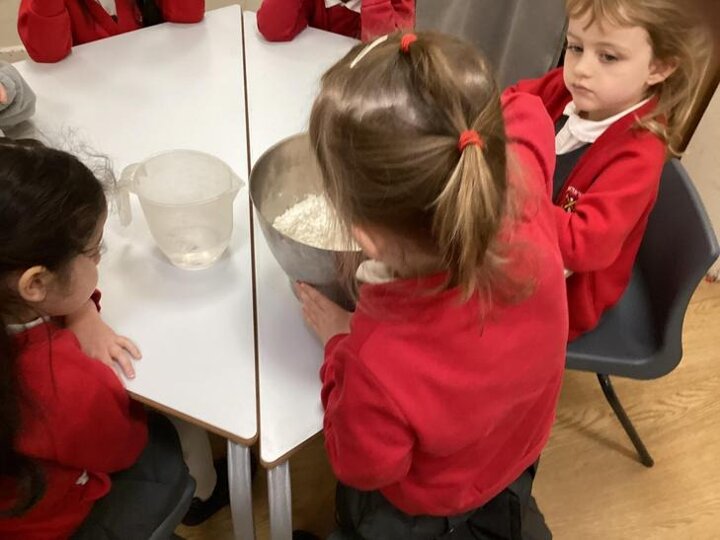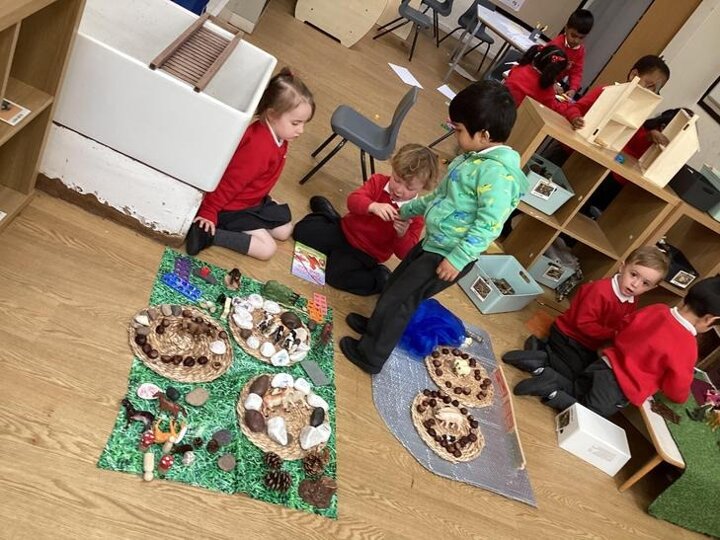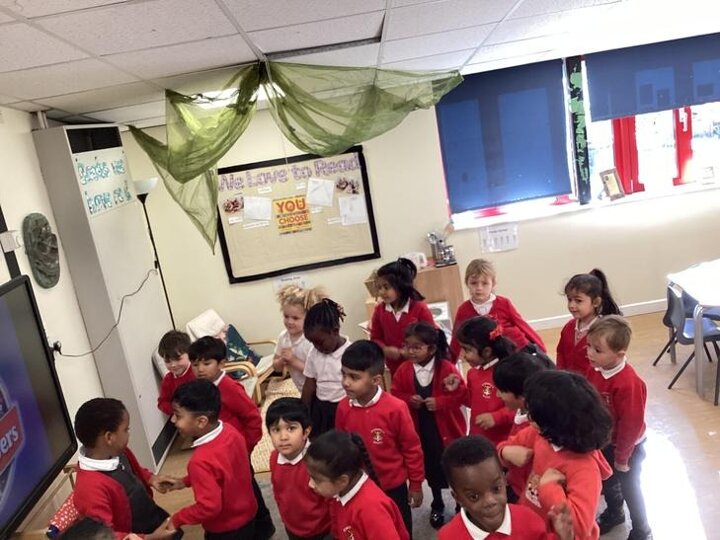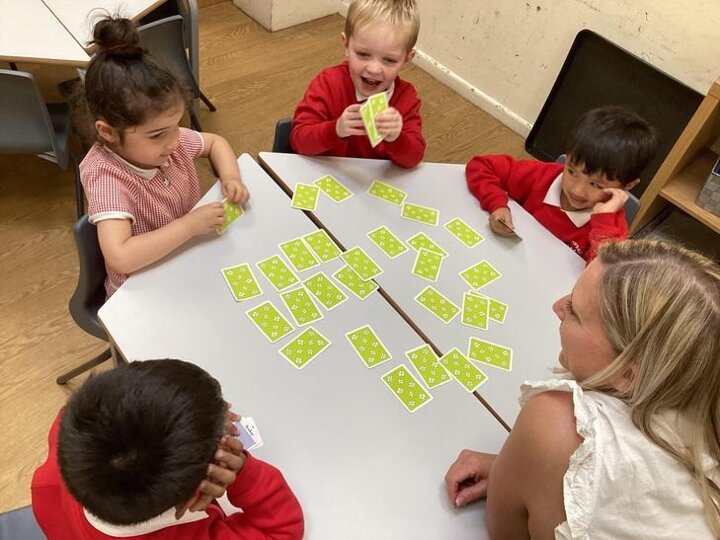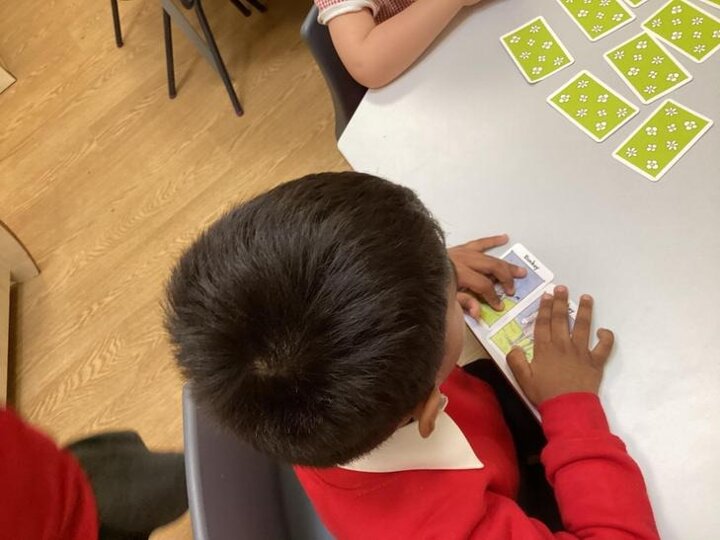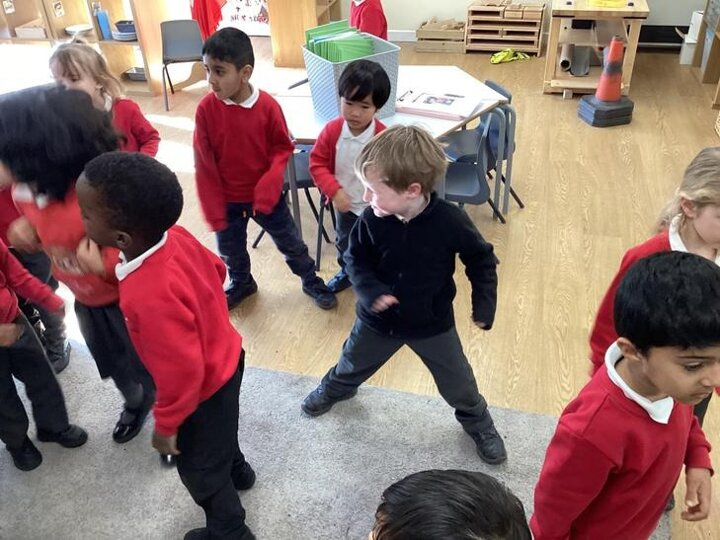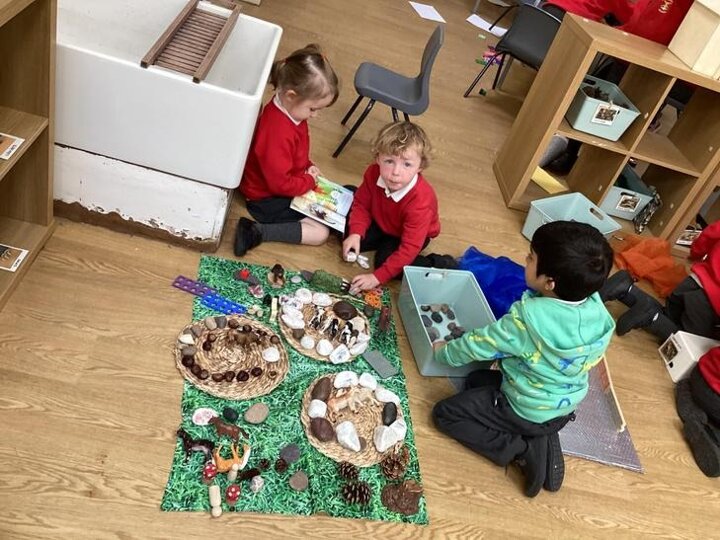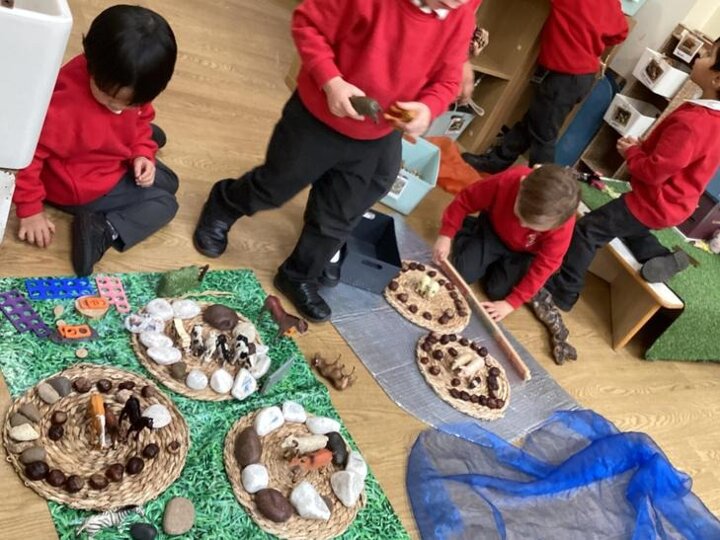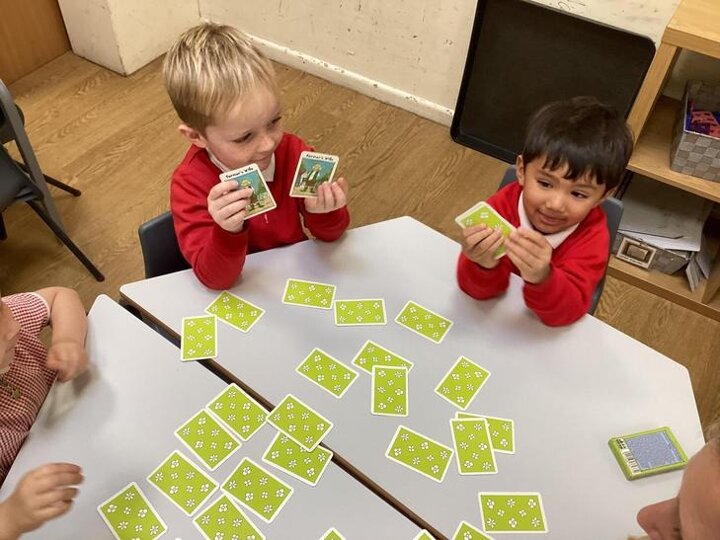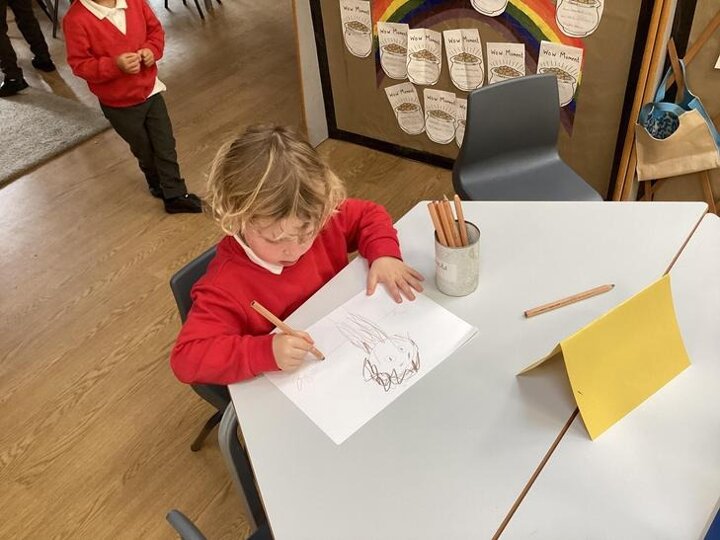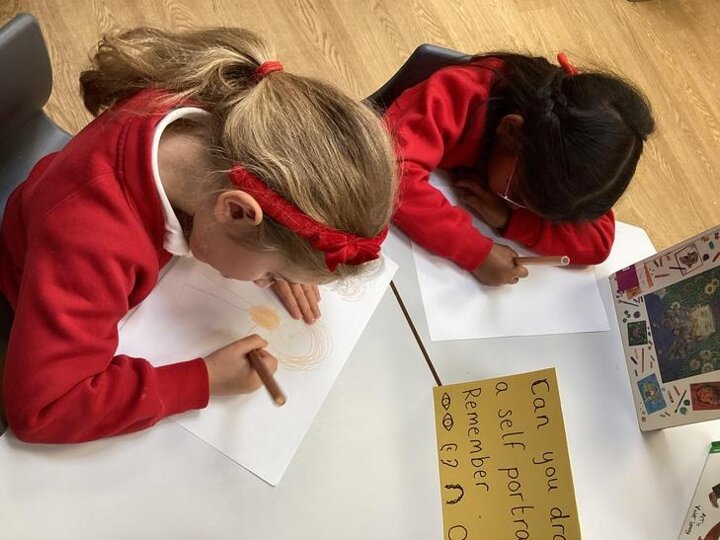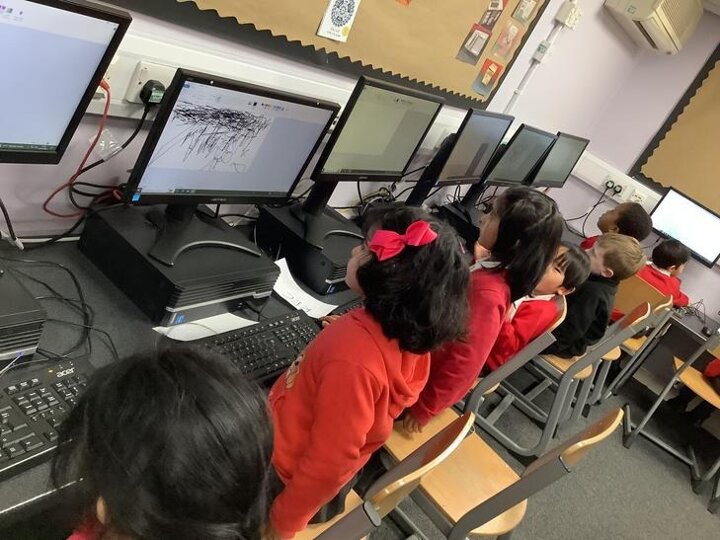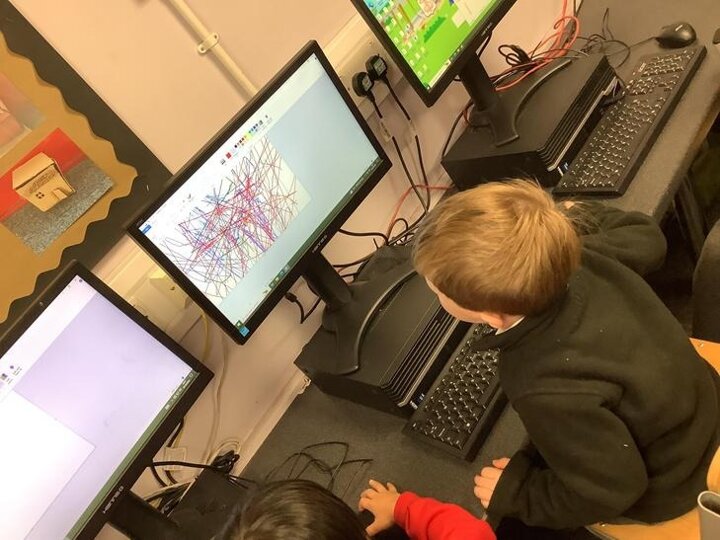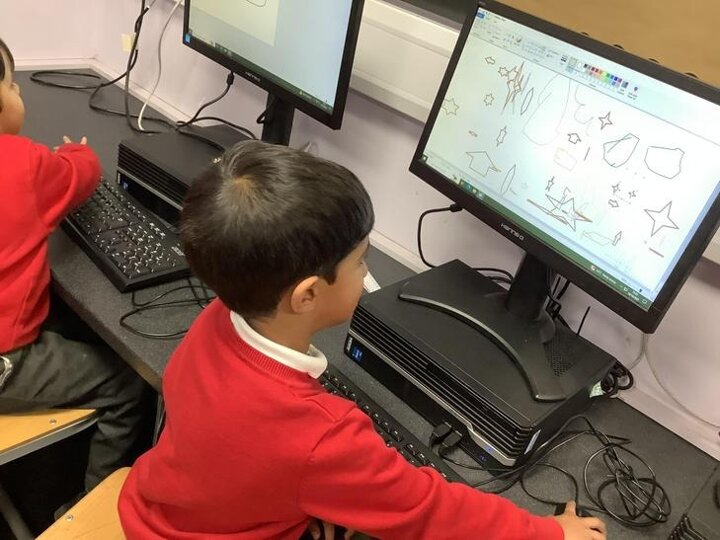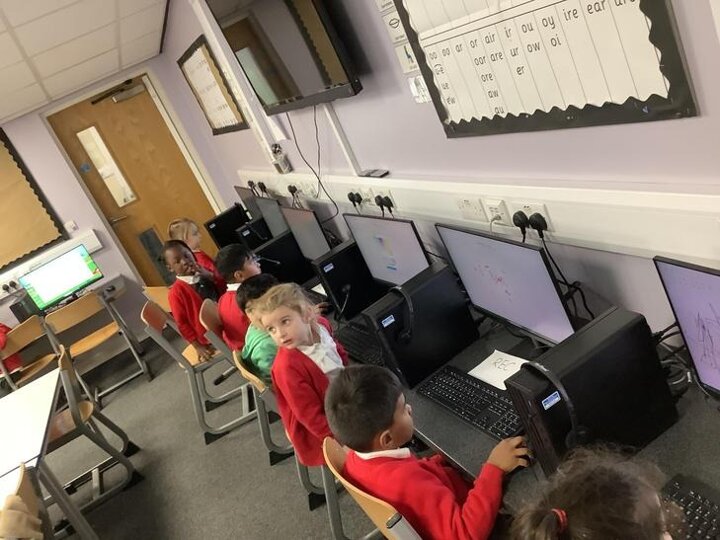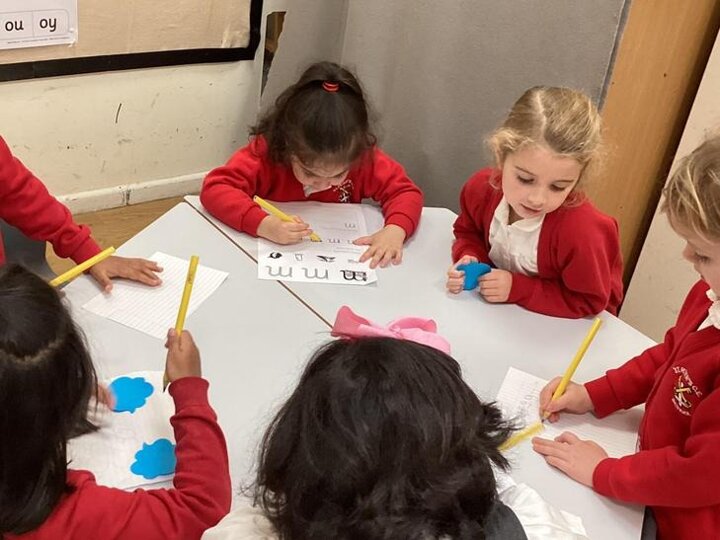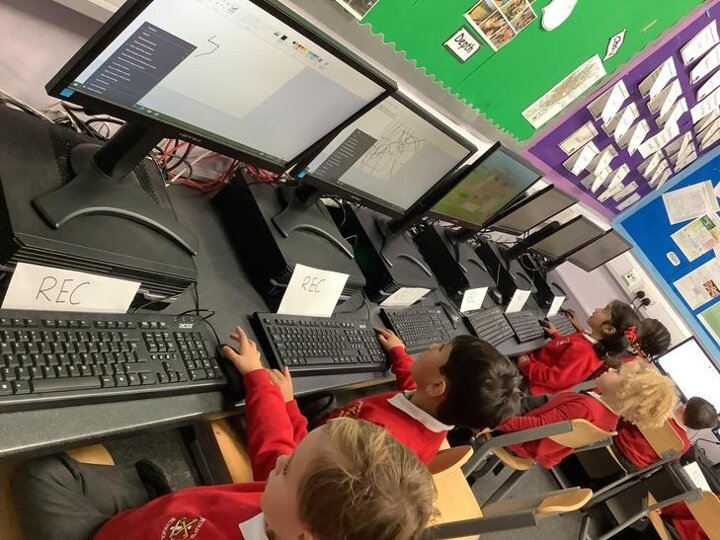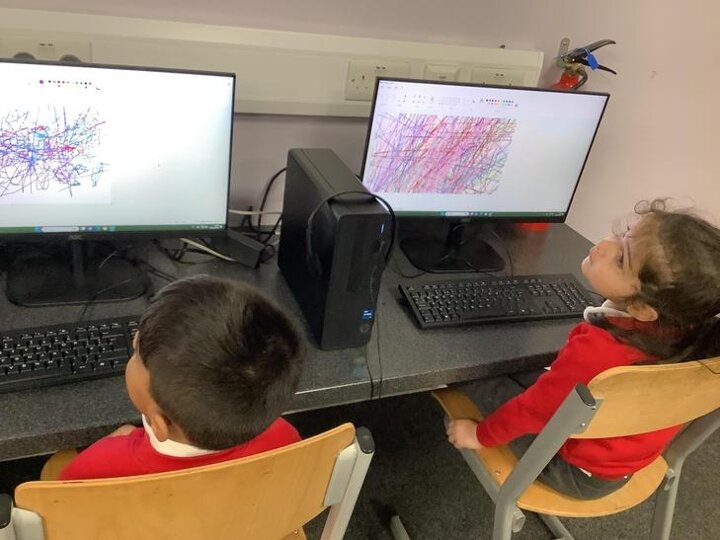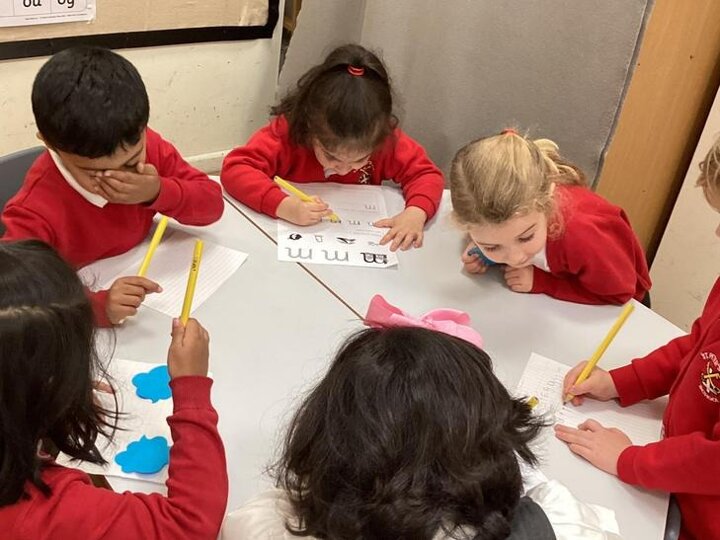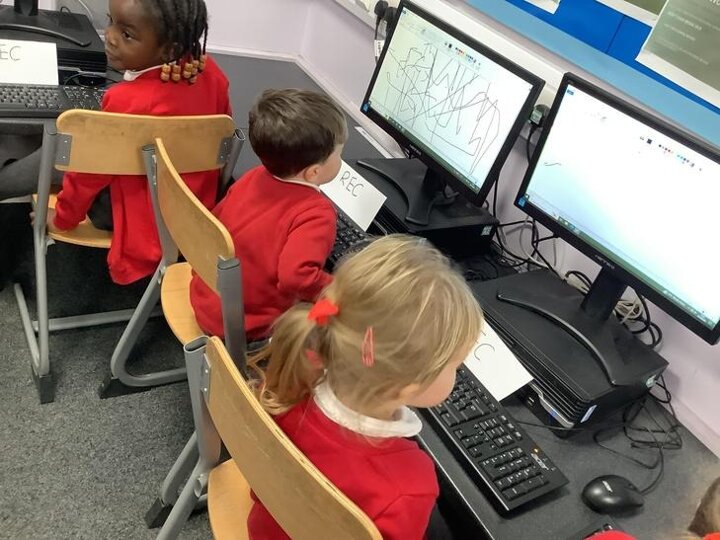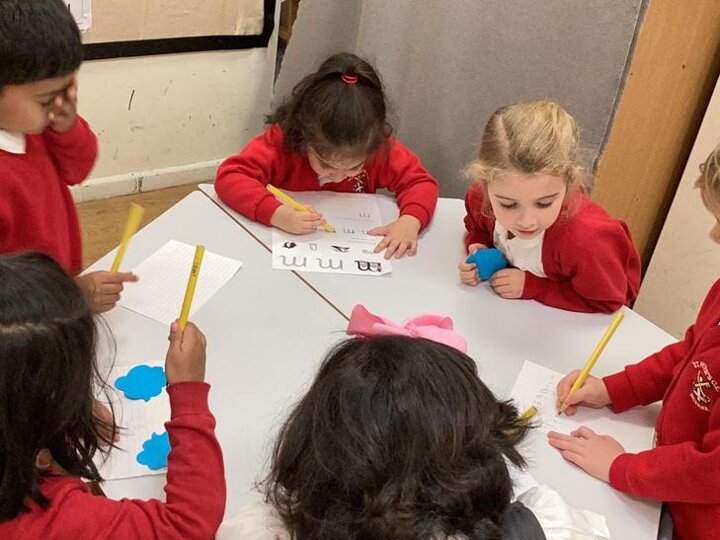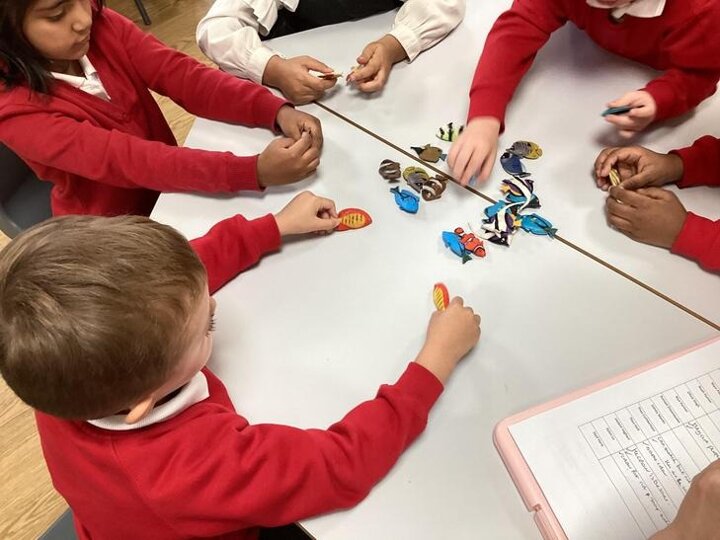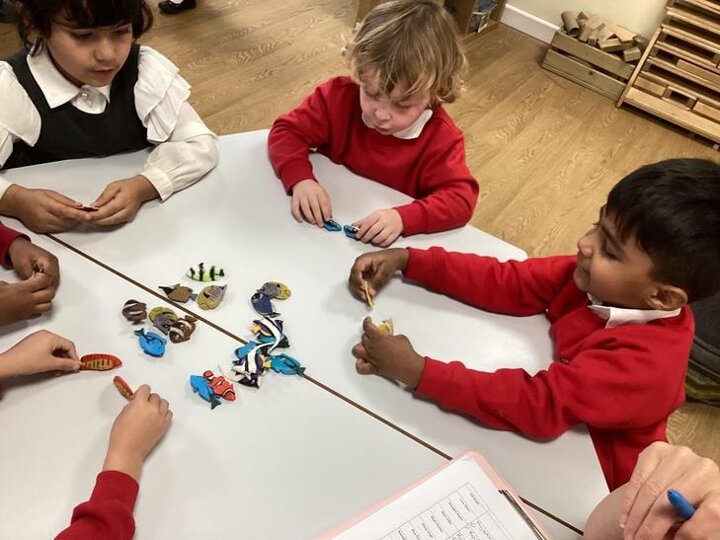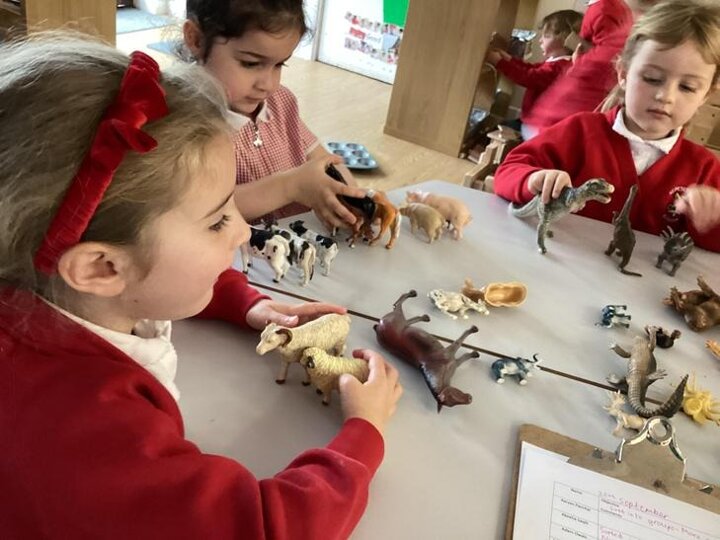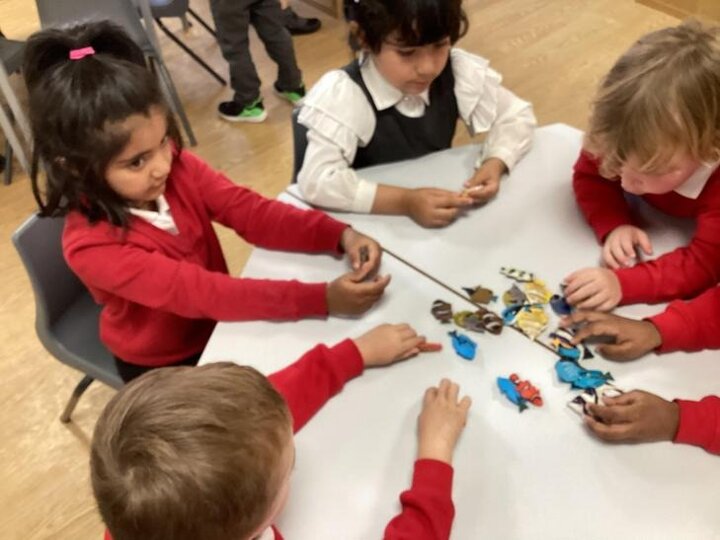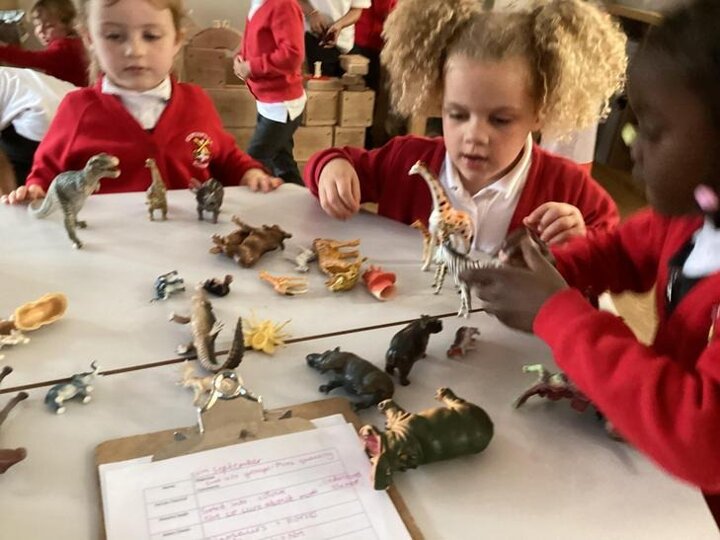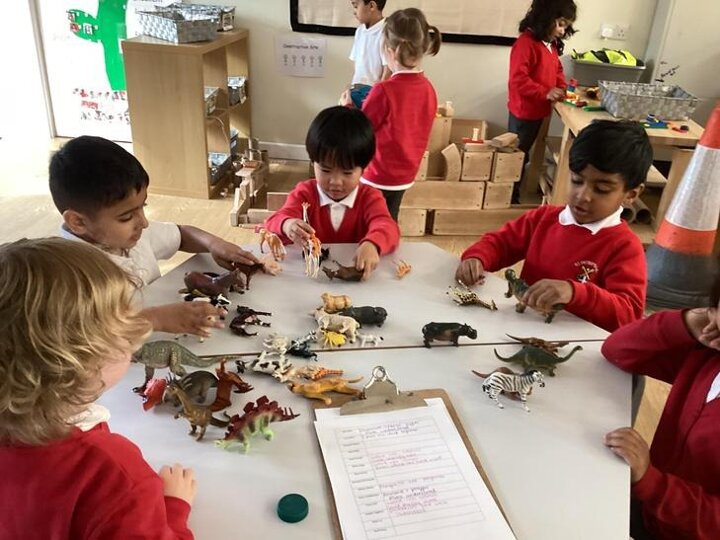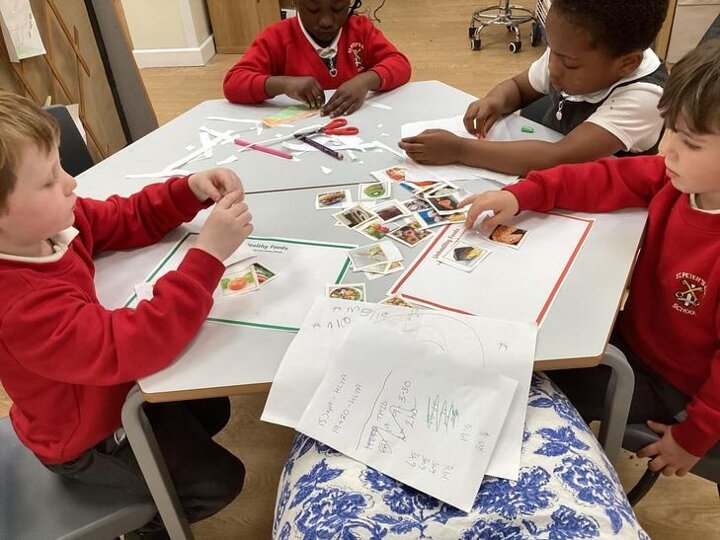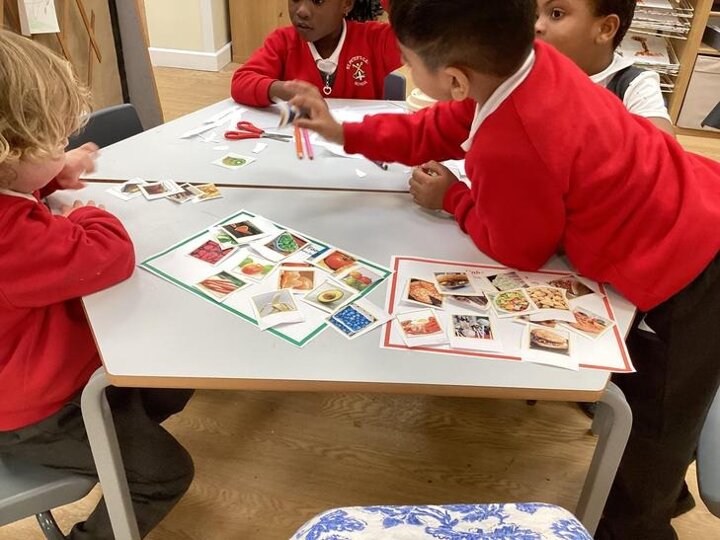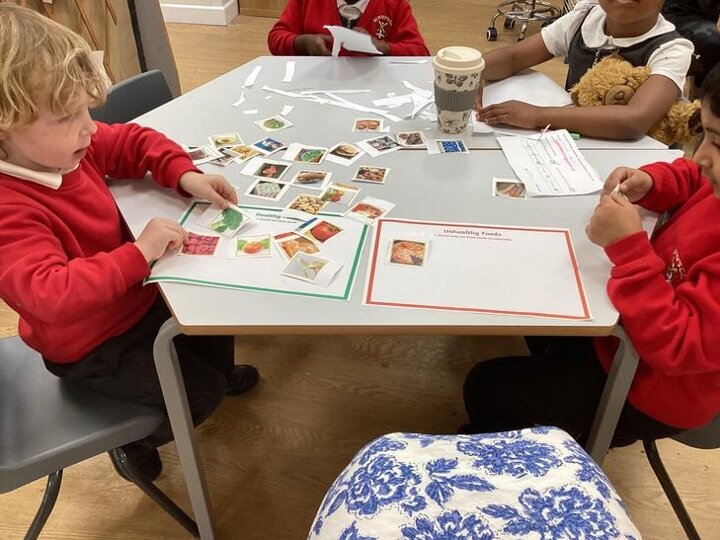Welcome to Reception 2024 - 2025
Here is a link for a video for how to say the sounds.

Supporting your child's reading
In October we had a Read Write Inc session for the parents to help them at home. We talked about how to make the sounds and then did a lesson.
Speedy sounds - The children say the sounds they already know as quickly as they can as we want the children to be speedy readers.
Teach a new sound - The next part of the lesson is teaching them a new sound. This is done saying the new sound, identifying some words beginning with that sound and then introducing the letter. The new sound is then put into the set and the children have to identify the new sound within the set.
Fred Talk and Read the Word
The next part is doing Fred Talk for reading words. We start with adventures with Fred where the children listen to Feed and blend words back together. The children then read green words using segmenting and blending.
Handwriting
The children will then have a go at writing the new sound that we have learnt during the session. For example today we have learnt w so we used the rhyme 'down up down up' to help us write it in the air and then on paper. It is essential that the children adopt a good writing position so we do insist on the children using the crocodile snap for writing.
Fred Fingers for spelling
The last part of the lesson is the spelling part where the children say a word and then pinch the sound in that word. We will then write it together and then the children have a go at spelling it on their own.
As the year goes on this changes so it will updated as the children move through the scheme.
Books my child can use

This is the book we have been reading in class. The children have loved looking and talking about the interesting pages.
Activities to do at home
Talk about where you would go if you could go anywhere.
Draw your favourite meal.
Read a recipe to make something yummy.
Talk about different modes of transport.

This is the book the children have been reading in class.
Activities to do at home
Retell the story.
Talk and draw different characters.
Make bread.
Visit a farm and talk about the animals.
Reading in class
The children love looking and reading books in our reading area. They sit down and talk together about books they like and what they can see on the pages. They have been retelling The Little Red Hen using the puppets.
The boys had a choice of the books in the reading area. They decided on our book of the week ‘You Choose’.
They really enjoyed talking about each page.
In maths the children were introduced to weighing. They could choose what objects they used to find out which one was the heaviest or lightest.
In maths we have been learning how to match and sort. They have learnt to play a pairs game and worked as a team to play. They were able to match.
“Look these are the same” Affan
“I got 2 matching” Sidney
In music the children were responding and appreciating some music. We were listening to the Alton Towers theme tune.
it is quite scary when it goes loud.
It makes me want to dance.
I love it.
In English we have been learning about the Little Red Hen. In learning time the children worked together to create this small world farm. They then told different stories using the different animals.
’Look all the cows are in the field eating grass’ Arlo
’We need to make a pond for the ducks to swim.’ Adam
As part of Our Little Hen topic we made bread.
we worked as a team to mix, stir knead and cook the bread.
Whilst we were making it we were thinking about words to describe the different stages
Dough - Stretchy
Gooey
Sticky
When the bread was cooked it was yummy, delicious, scrumptious, tasty, yum.
In Art the children have learnt how to do self portrait. They worked with Mrs Anderson and Mrs Tate to do one and then had a go on their own. They had to follow the checklist of:-
*Eyes
*Ears
*Eyebrows
*Eyelashes
*Nose
*Mouth
*Hair
In phonics we have been learning how to use a pencil and have started to learn how to write our letters. This is a group of children having a go at writing in the writing area.
We went in the ICT room and logged on to the computers and used our mouse skills to paint.
In Maths we have been learning how to sort. The children had real things to sort and had to choose the criteria. They could tell me how they had sorted them out.
Prayer

To start off our unit of prayer, we discussed some different types of communication.
Stories Jesus Told
Stories Jesus Heard
We know how important the first year of school is for you and your child. To help parents of new pupils, any member of the Reception team will be able to provide a detailed description of Early Years provision.
The Reception class at Fulwood St Peters is a learning environment which aims at all times to be happy (because we know that happy children are responsive, receptive and enthusiastic to learning) and challenging (because we know children are capable and keen to learn, and enjoy the challenge and the achievements that come with it).
Through planned, purposeful play, children are able to discover, practise and refine their skills in literacy and mathematics as well as find out about themselves and their environment. In a broad and balanced way, our provision ensures coverage of the seven areas of learning (see below) and responds to the needs and interests of all our children. At all times, we consider characteristics of effective learning which promote positive attitudes to learning, an enthusiasm for knowledge and the confidence to become successful learners.
Through our teaching we promise to deliver learning which is practical, outdoor and develops a love of learning within each and every child. Children are encouraged to make choices about their learning and take the lead to grow their self-belief, confidence and independence.
-
What To Expect When
40 - 60 months Page 26 - 31 In this age band we list early learning goals which are the expectation for where children may have reached at the end of reception year at school.
-
Stages Of Speech And Language
This section of the site looks at the typical development that most children experience. Of course all children are different, so these are meant as a guide. It is organised into age groups to help you find the information that is most appropriate for each child.
-
Chat. Play. Read. The institute Of Wellbeing
Helping parents develop and learn new skills that help build strong foundations for a brighter future.
-
Alphablocks
Play along with the Alphablocks and have fun with the letters of the alphabet.
-
Numberblocks
Sing along and learn all about numbers with the Numberblocks!
-
Tapestry Journal
An easy-to-use online learning journal used by Fulwood St Peters.
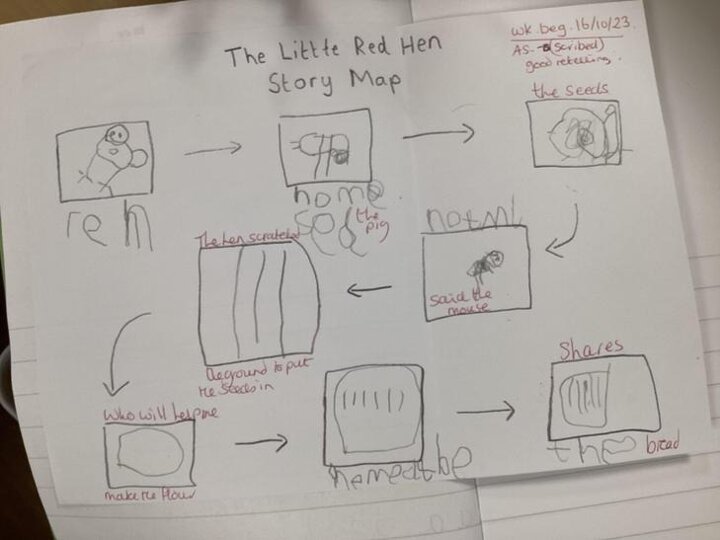
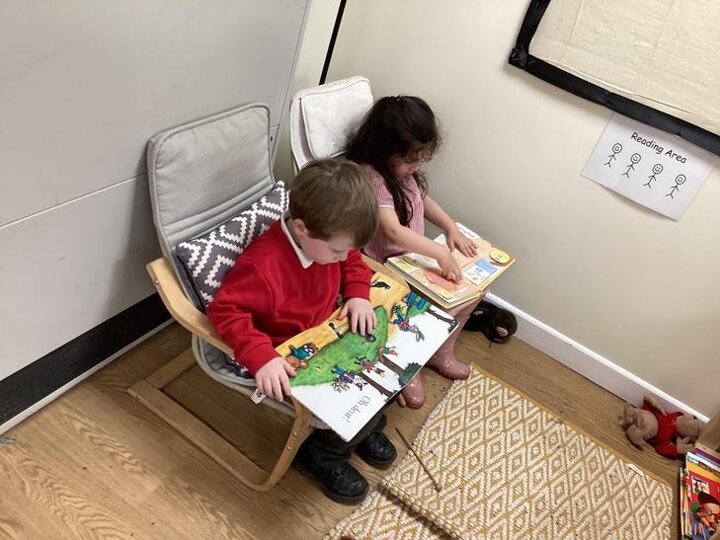
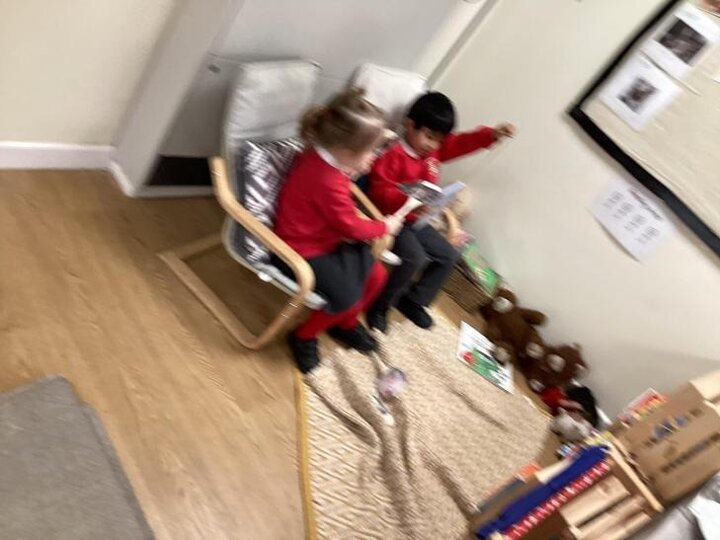
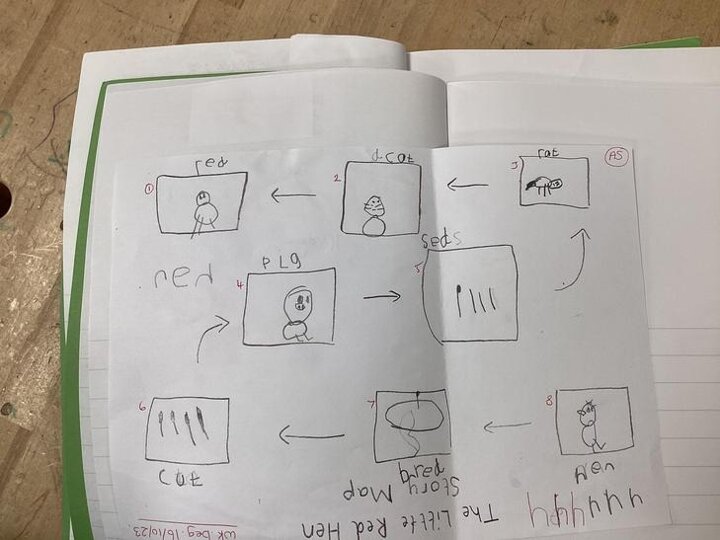
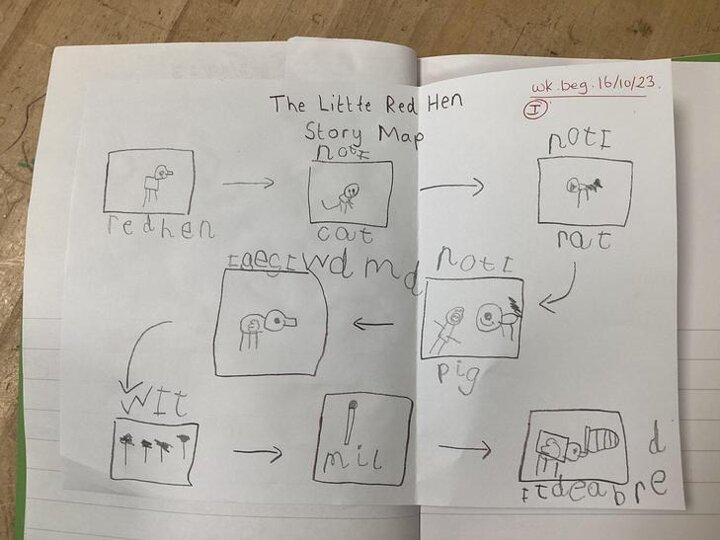
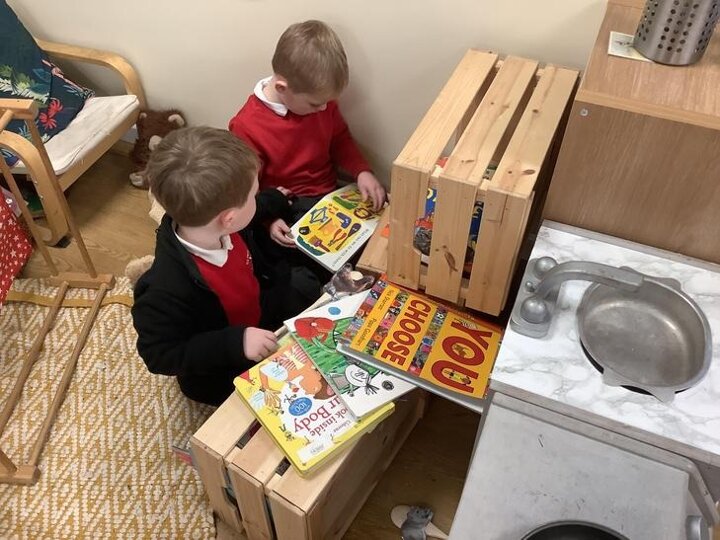
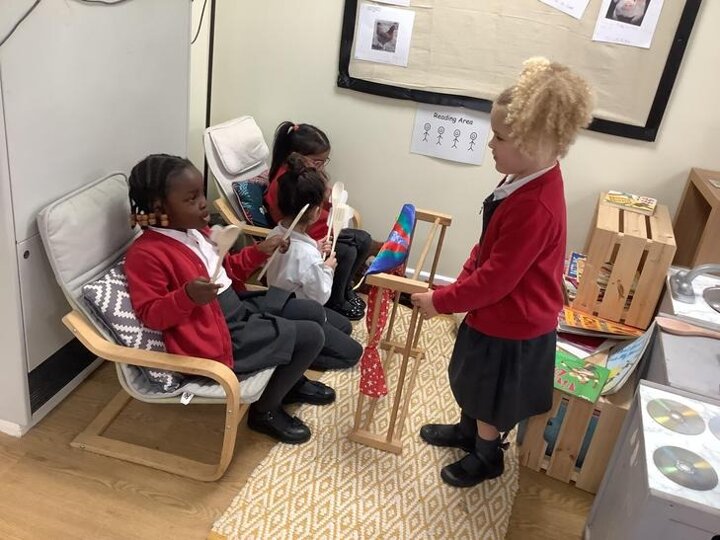
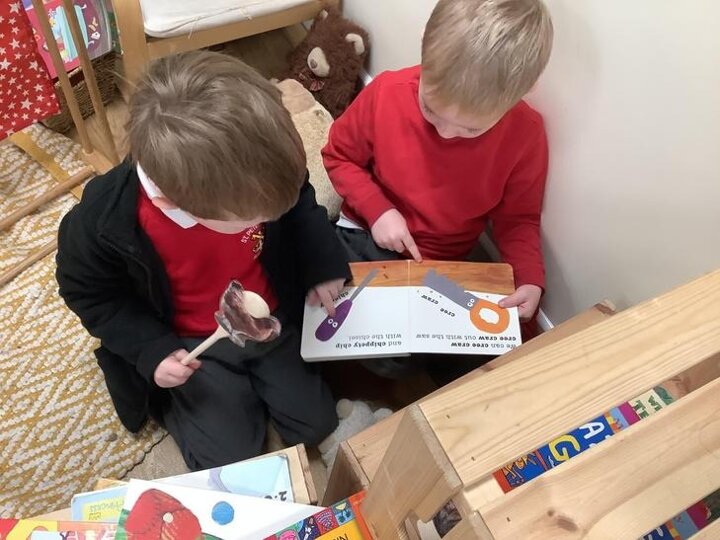
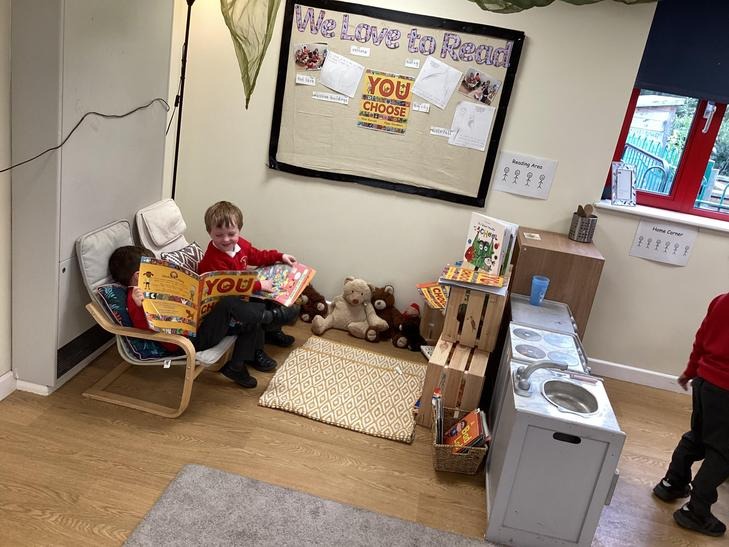
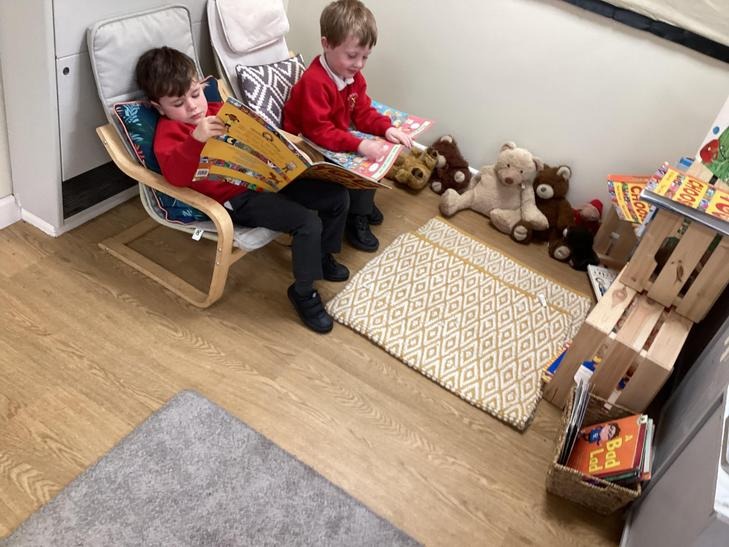
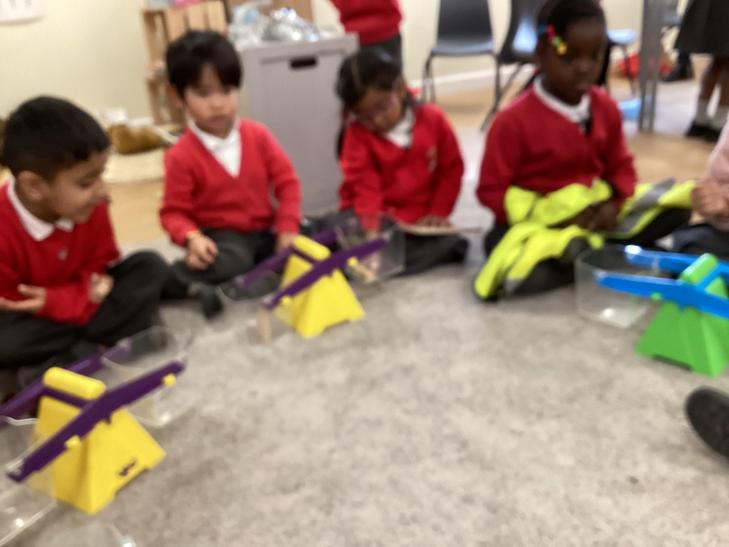
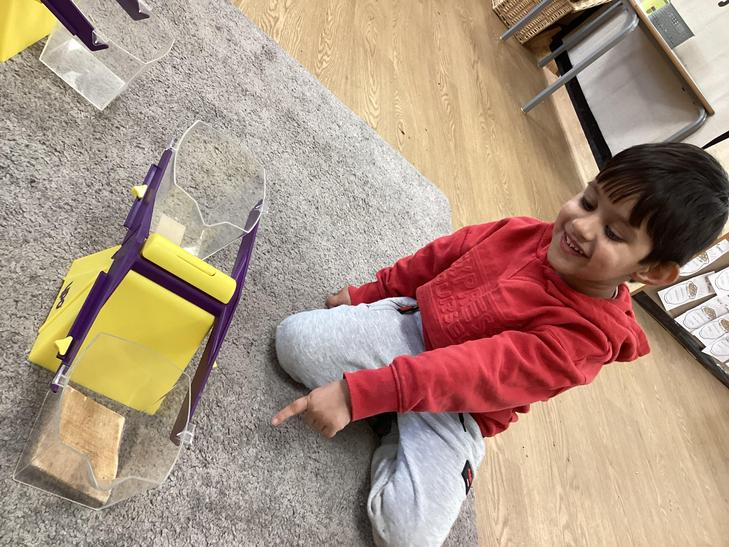
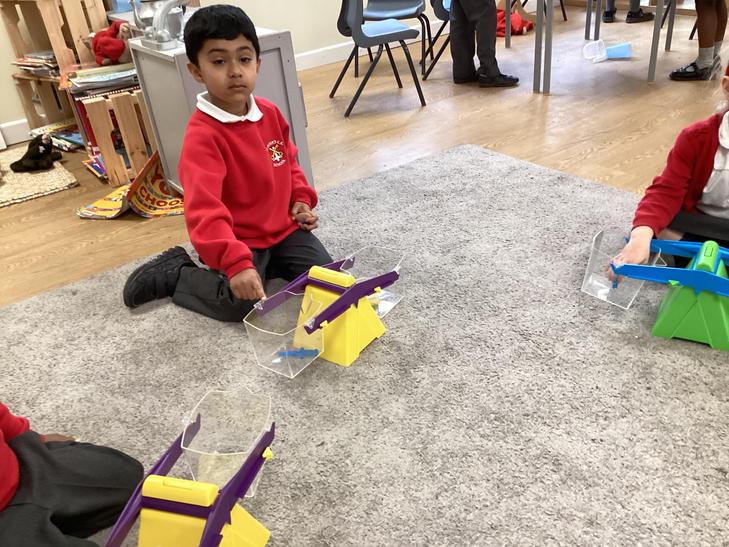
.jpeg)
